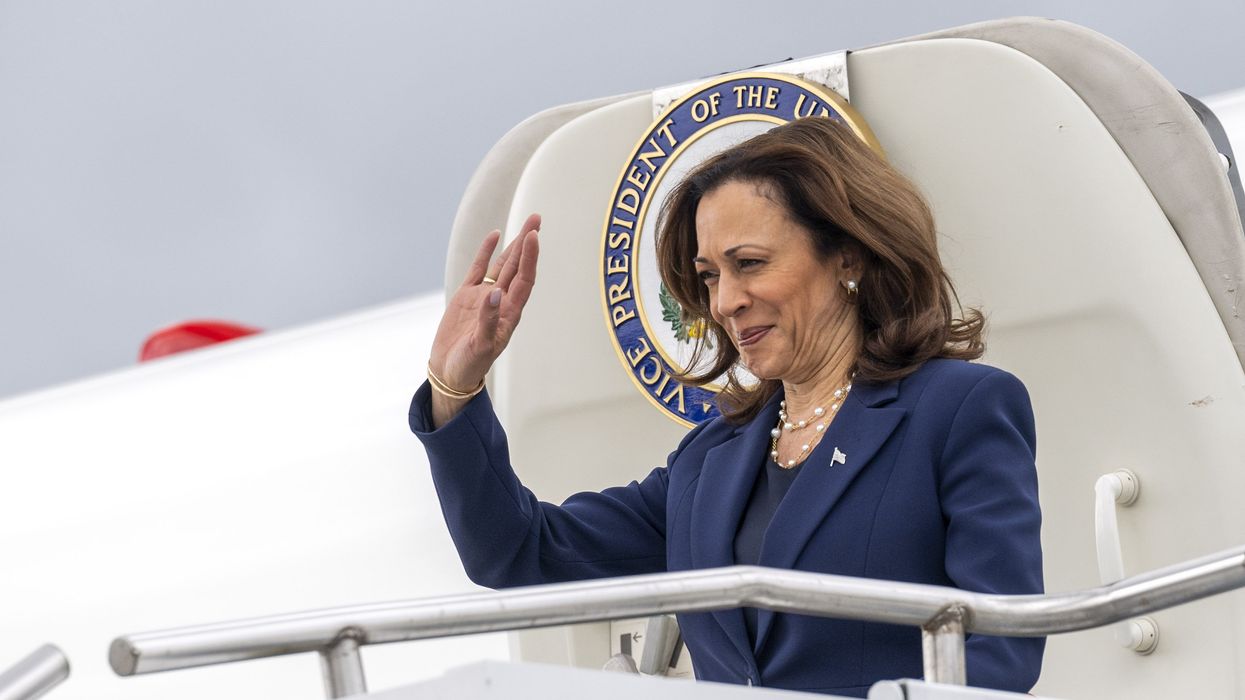Richie is co-founder and senior advisor of FairVote.
As the political world hangs on whether Joe Biden continues his presidential campaign, an obvious question is how the Democratic Party might pick a new nominee. Its options are limited, given the primary season is long past and the Aug. 19 convention is only weeks away. But they are worth getting right for this year and future presidential cycles.
Suppose Biden endorses Vice President Kamala Harris and asks his delegates to follow his lead. She’s vetted, has close relationships across the party, and could inherit the Biden-Harris campaign and its cash reserves without a hitch. As Rep. Jim Clyburn (D-S.C.) suggested, however, Harris would benefit from a mini-primary among delegates before the convention – either concluding at the virtual roll call that is already planned or at the in-person convention.
Candidates would put their hats in the ring by earning a minimum number of endorsements from Democratic governors and members of Congress. There then would be a “ blitz campaign ” of polls, innovative events and regional debates. Polling would be wise to incorporate ranked-choice voting, which better identifies the consensus choice than limiting voters to a single pick. Harris won such a ranked-choice poll in 2020, shortly before Biden picked her as his running mate, where she led with 33 percent of first choices against six other potential picks and then increased her margin to win the final head-to-head “instant runoff” by 55 percent to 45 percent.
Any binding vote of delegates — whether virtual or in-person — needs modernizing, as traditional rules for convention voting pose risks. Delegates used to vote repeatedly until a candidate surpassed 50 percent, which in 1924 required 103 rounds of voting. House Republicans’ public relations debacle in electing a speaker with this open-ended process underscores how it can be optically problematic and subject to unsavory backroom deals, which could alienate swing voters and increase grievances among losing candidates.
Ranked-choice voting again offers a smart solution. It was used effectively in four Democratic Party-run presidential primaries in 2020, is currently used by many state parties for internal elections and was used by Maine legislators to pick their secretary of state. It’s ideal for promoting unity while upholding majority rules. To win, candidates must balance earning first choices with broad support — exactly the formula needed to win at past brokered conventions.
A binding nomination might start with an initial traditional vote of the elected delegates. If no candidate earns a majority vote, Democratic rules bring into the next voting round the party’s superdelegates, including members of Congress. If the second round again does not deliver a nominee, delegates would turn to ranked-choice voting. It would be simple to offer delegates a secure ballot to rank candidates. The tallies could be released round by round, with the eliminated candidates praised for what they brought to the process before reporting the next results. The process would be transparent, uplifting and unifying.
In future presidential election cycles, parties would be wise to use ranked-choice voting in polls and the actual primaries. They could hold in-person gatherings like the America in One Room experiment in 2019 to enable the greater deliberation and learning about candidates that the Iowa caucuses and New Hampshire primary once offered. Given that brokered conventions are an accident waiting to happen, they should update their rules to benefit from ranked-choice voting.
Members of Congress also should build ranked-choice voting into their internal elections, using it after two voting rounds identify strong candidates but do not produce a majority winner. That would make sense for electing their party leaders and the speaker of the House.
Out of crisis comes opportunity. If forced to pick a new nominee, Democrats have real options for doing it well. Looking to 2028 and beyond, parties can adapt lessons from this planning to elevate the candidate best able to lead their party and the nation.




















 From left to right: Gabriel Cardona-Fox, Bud Branch, Joe Concienne
From left to right: Gabriel Cardona-Fox, Bud Branch, Joe Concienne 